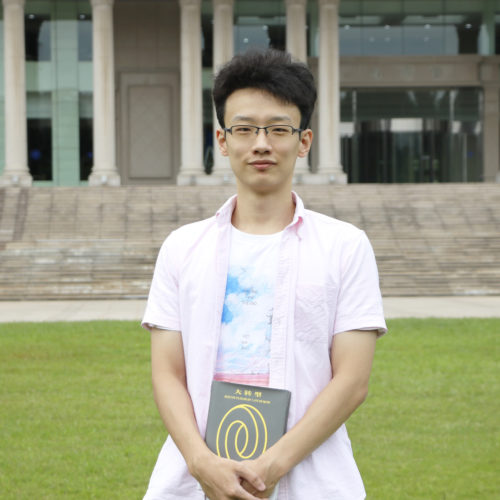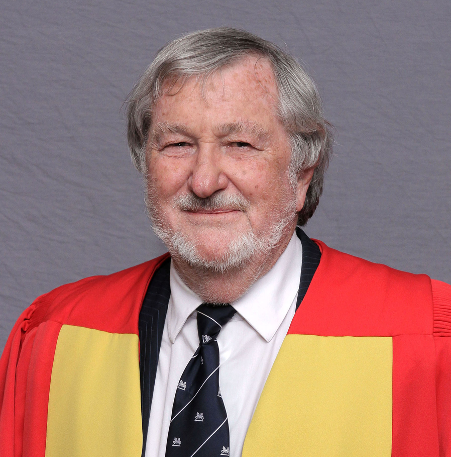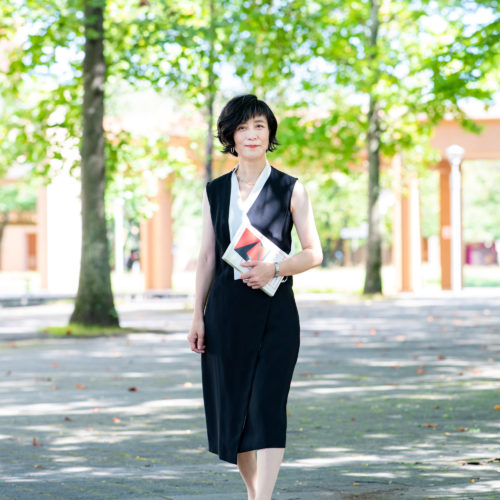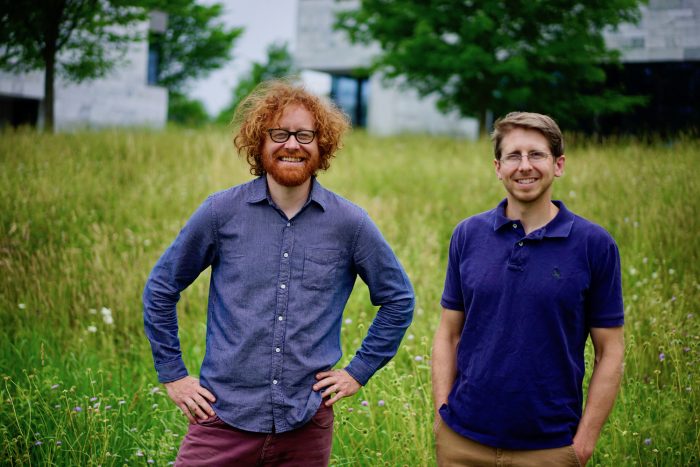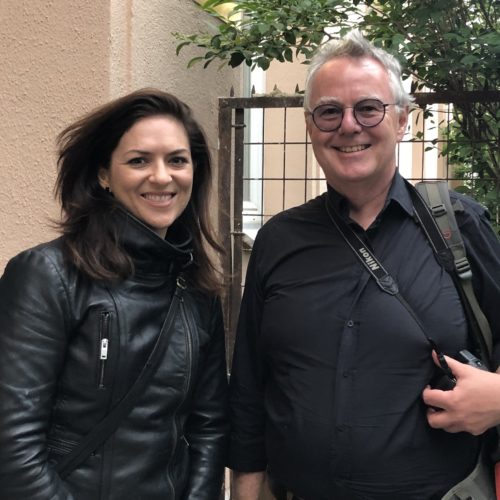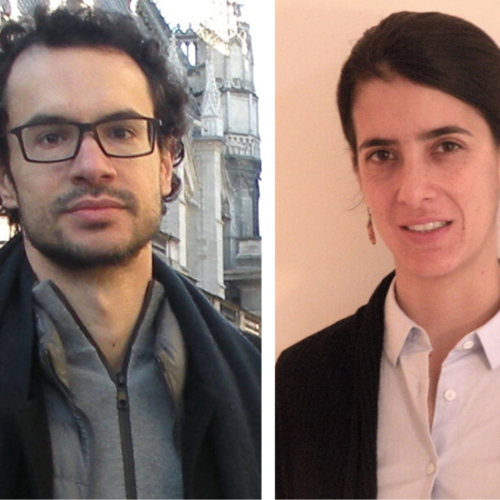Polanyi all over the World
Polányi at home
In this third part of our series 'Polanyi All Over The World', Attila Melegh talks about the importance of Karl Polanyi in Hungary. Polanyi was born in Vienna, but studied philosophy and law in Budapest, Hungary. Only when the Hungarian soviet republic was defeated did he return to Vienna. Attila Melegh lives and works in Budapest, where he is professor at Corvinus University and founding director of the Karl Polanyi Research Center for Global Social Studies.
25th of March, 2020
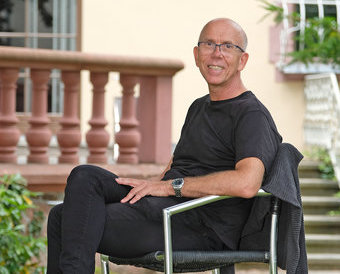
Attila Melegh
Since the 1960s, Karl Polányi has been an influential thinker in Hungarian social sciences, and the last decade has seen a particularly apparent revival of his thoughts. The Karl Polányi Center for Global Social Studies has an active network of more than 220 critical scholars of all ages and academic ranks from all over the world, interpreting the work of Karl Polányi or using a Polányian-critical framework in their work.
One day in January 2014, fifteen of us were sitting together to establish a center of critical global social studies, when our later president József Böröcz suggested to name our center after Karl Polányi. The group warmly welcomed that. With this symbolic step, we wanted to send a signal for our continuing commitment to Polányi and also renew his important line of critical thought in Hungary with a global historical perspective. Why this was so natural needs some personal-intellectual reflection without claiming that this picture of activities is complete.
Personally I will never forget the exciting discussions we had as students in the early 1980s after reading Polányi at Pécs University, where the later head of the Hungarian Statistical Office, Tamás Mellár, and most importantly, the brilliant economic historian Tibor Tóth (who wrote in a very Polányian way about the complementarity of large-scale landed estates and peasant farms in eighteenth- and nineteenth-century Hungarian rural history) introduced to us Polányi’s ideas. Earlier, the anthropologist Mihály Sárkány not only used Polányi in concrete ethnographic work, but also translated Dahomey and the Slave Trade into Magyar in 1972, and he wrote the first entry on Polányi in the Hungarian Ethnographic Encyclopedia in 1981. In this work he was followed by Chris Hann, who in his almost 50 years of ethnographic work in Hungary (and in other fields around the world) used and renewed Polanyian concepts all the time (see his most recent book on Repatriating Polanyi: Market Society in the Visegrád States).
In their iconic book The Intellectuals on the Road to Class Power, George Konrád and Iván Szelényi (defended by Ilona Duczynska when Hungarian authorities attacked him because of this book) integrated Polányi’s notion of “modes of economic integration” into a strikingly creative, critical understanding of the social structures of state socialist Eastern Europe, and the place of intellectuals in it. In 1986 Kari Polányi and very importantly Marguerite Mendell organized a huge conference on Polányi in Budapest and published a very important anthology in Magyar entitled Fascism, Democracy and Industrial Society. In the late 1980s, the ‘third way’ advocate Erzsébet Szalai also related the socialist economy to the idea of redistribution as understood by Polányi. The economist János Kornai has also re-used two of Polányi’s key concepts, redistribution and exchange.
After the regime change, Polányi became even more important in Hungary. József Böröcz, for instance, started talking about large-scale social change in the post-state-socialist context as ‘simulating the great transformation,’ stressing longer-term continuity and the role of informality in the restructuring of the property system in the erstwhile state socialist “bloc.” Historical economic sociologists György Lengyel and Zoltán Szántó were great proponents of Polányian ideas as early as the 1980s, and Polányi was prominently featured in the economic sociology textbook used at the Karl Marx University of Economics at the time. Lengyel has also published a book entitled Small Transformation that analyzed institutional change in Hungary using some key Polányian ideas. Prominent economic sociologists Endre Sik and Erzsébet Czakó have used Polányian analytical perspectives on informal ‘market places’ and many other people until the early 2000s when Polányi’s book The Great Transformation was published thanks to a push by László Andor, a political economist, a former editor of the journal Eszmélet (Consciousness), later to become EU Commissioner for Employment, Social Affairs and Inclusion (–what a Polányian portfolio he had!). Furthermore Polányi is more than a passing reference for historians of ideas such as János Gyurgyák, György Litván and Erzsébet Vezér. In 2016, the English-medium international journal Intersections, East European Journal in Society and Politics carried a special issue to “”Polanyi Revisited: Global Capitalism from an East European Perspective.”
Thus, in the current wave of marketization leading to an authoritarian political shift Polányi has been a consensual thinker by Hungarian scholars who work on global social change and the real or perceived peculiarities of Hungarian, and more broadly, East European economic and institutional histories. And this is why it was so natural to name our Center after Polányi.
In this intellectual atmosphere our Center promotes comparative and interdisciplinary studies with a global perspective at the intersection of economics, sociology and international relations, analyzing global and local dynamics and their interconnectedness. We are committed to practicing research and education that averts Eurocentrism and all other forms of racism and essentialization in the social sciences and the humanities. Our work takes a stance critical to entrenched ideas that justify established regimes of global governance that perpetuate inequalities. We are also committed to future-oriented scholarship, oriented toward possible alternatives to prevailing economic and political practices on all scales. Beyond forty workshops and discussions that our Center has organized, major events since its establishment in 2014 include the Fifth Congress of the European Network of Universal and Global History in 2017, and an international Polányi conference in 2019 co-organized with IKPS.
As a step toward further institutionalization Kari Polanyi, the Polányi Center, and Polányian scholars and research centers committed to Polányi’s thought around the world have come to a preliminary agreement with the Institute of Advanced Studies at Corvinus University to establish two Polányi Chairs. The purpose of this initiative is to provide a senior and a junior fellowship to scholars engaged in critical and innovative analysis related to understanding evolving global contradictions emerging from new waves of marketization, in conjunction with the rise of authoritarian nationalism around the world, utilizing some of the insights of the Polányian social sciences, most prominently economic sociology and economic anthropology. We explicitly seek to discover, articulate and outline such alternatives within, and to, the current economic institutional system that would lead to ecologically and socially more balanced world in which the principles of freedom, community, equality and universality can be substantively integrated. What else can be more important in our current and unfolding crisis?
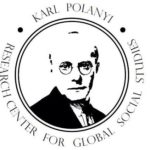
Attila Melegh
Professor at Corvinus University,
Senior Researcher at the Demographic Research Institute,
Founding Director of the Karl Polanyi Research Center for Global Social Studies
Budapest, Hungary
More ‘Polanyi all over the World’:
